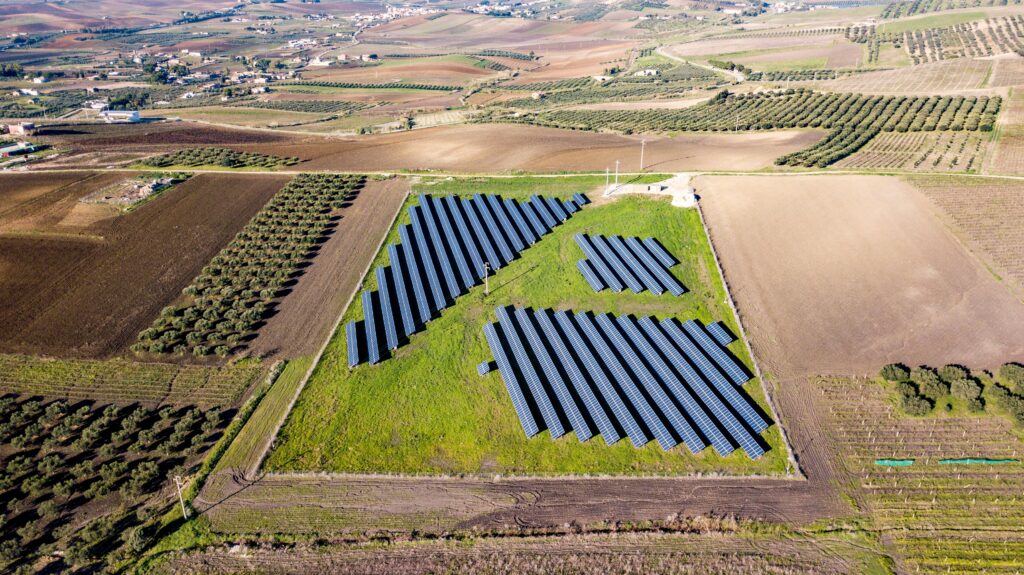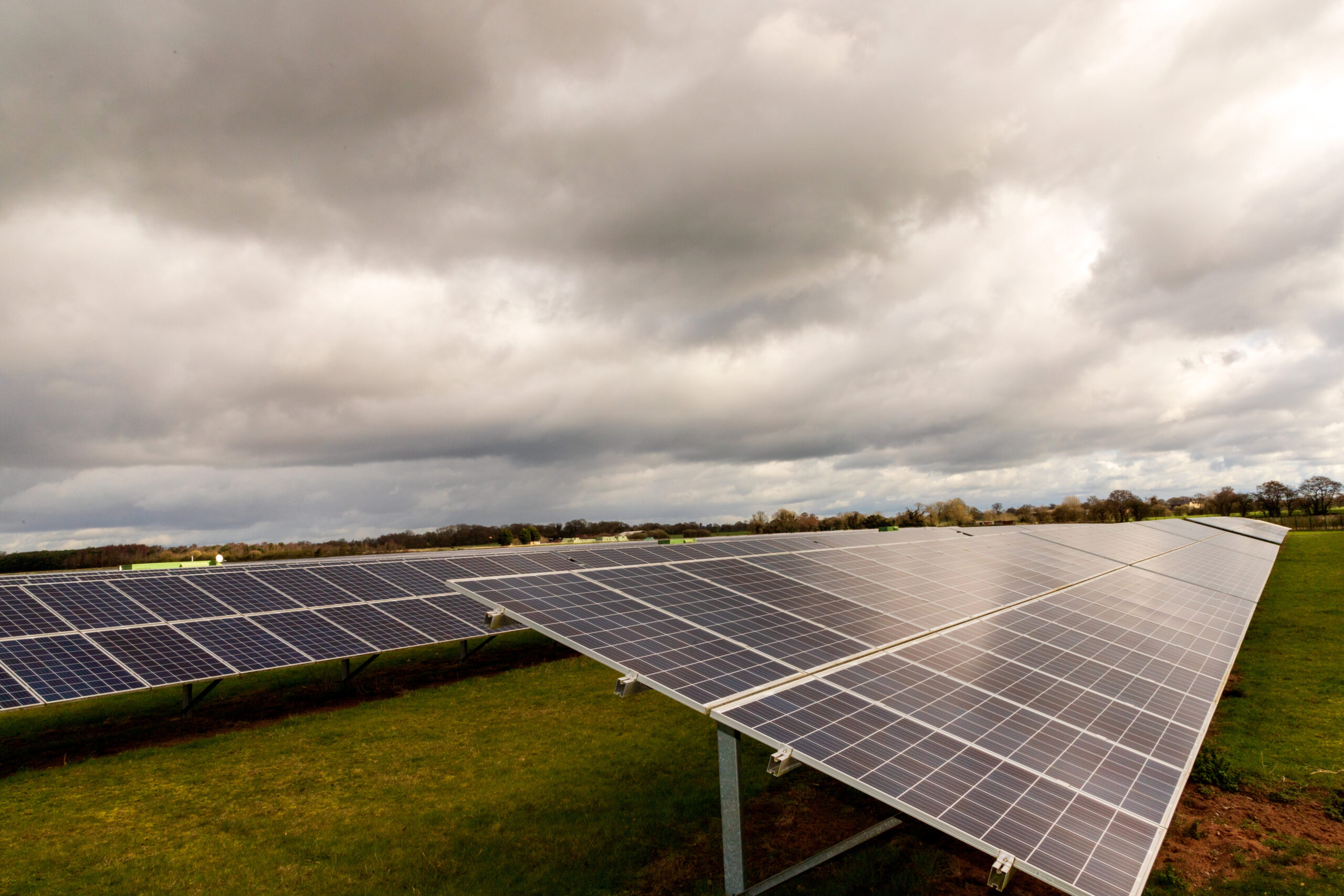As the world becomes increasingly conscious of the need for sustainable energy solutions, solar panels have emerged as a popular choice for homeowners and businesses alike. But, are they really worth the investment? This guide will explore the various factors that contribute to the decision-making process, including typical upfront costs, the timeframe for return on investment (ROI), and other essential considerations.
Understanding the Upfront Costs of Solar Panels
The Cost of Solar Panel Equipment
The primary expense when installing a solar power system is the cost of the solar panels themselves. The price can vary significantly based on the type and quality of the panels. On average, you can expect to pay between £1,200 and £1,800 per kW for a complete installation in the UK. For a typical 4kW system, this translates to around £4,800 to £7,200.
The Installation Cost
The cost of installation includes labour and additional equipment like inverters, mounting systems, and wiring. Labour costs depend on the complexity of the installation and the rates of local contractors. In general, installation can add another £1,000 to £2,000 to the total cost.
Additional Costs
Beyond the primary costs, there may be additional expenses such as:
- Planning Permissions: While most residential installations do not require planning permission, some commercial properties, flat roofs, listed buildings and properties in conservation areas might.
- Maintenance Costs: Although solar panels require minimal maintenance, periodic cleaning and occasional system checks are advisable.
- Insurance: You might need to update your home insurance to cover the solar installation.
How Long Until You Make Your Money Back?
Calculating the Payback Period
The payback period for solar panels is the time it takes to recover the initial investment through savings on electricity bills. Several factors influence this period, including the size of the installation, local electricity rates, and available sunlight. In the UK, the payback period typically ranges from 7 to 10 years.
Factors Affecting the Payback Period
- Energy Consumption: The more electricity you consume, the quicker you’ll see a return on your investment. This is because a larger proportion of your energy needs will be met by your solar panels, reducing your reliance on grid electricity.
- Electricity Prices: Rising electricity prices can shorten the payback period, as your savings will increase.
- Incentives and Subsidies: Government incentives, such as the Smart Export Guarantee (SEG), can significantly impact the payback period. The SEG allows you to sell excess energy generated by your solar panels back to the grid, providing an additional revenue stream.
Beyond the Payback Period: What Are The Long-Term Benefits?
Reduced Electricity Bills
Once the payback period is over, you’ll essentially enjoy free electricity. While there might be minor costs for maintenance or potential repairs, the bulk of your electricity needs will be covered by your solar panels.
Increase in Property Value
Installing solar panels can increase your property’s value. A home with solar panels is often more attractive to buyers because of the promise of reduced energy bills and a smaller carbon footprint.
Environmental Impact
Switching to solar power significantly reduces your carbon footprint. Solar energy is a clean, renewable resource that doesn’t produce harmful emissions. By choosing solar, you’re contributing to a more sustainable future.
Other Considerations
Longevity and Durability
Modern solar panels are built to last. Some come with warranties of 25 years or more, and many continue to operate efficiently even after the warranty period. This long lifespan ensures that you will benefit from your investment for decades.
Energy Independence
Solar panels provide a degree of energy independence, making you less vulnerable to fluctuations in energy prices. This stability can be particularly beneficial in the long term as global energy markets continue to evolve.
Aesthetic and Installation Concerns
Some homeowners worry about the visual impact of solar panels. However, advancements in design have led to more aesthetically pleasing options, including solar tiles and panels that blend with roof colours. Additionally, the installation process has become more streamlined, causing minimal disruption to daily life.
Are Solar Panels Worth It?
The decision to install solar panels is a significant one, influenced by financial, environmental, and practical considerations. For many homeowners and businesses in the UK, the benefits of reduced energy bills, increased property value, and environmental impact make solar panels a worthwhile investment. While the upfront costs can be substantial, the long-term savings and benefits often outweigh these initial expenses.
If you’re considering making the switch to solar, it’s essential to conduct thorough research and possibly consult with a professional to tailor the solution to your specific needs. With the right system in place, you’ll not only save money but also contribute to a greener planet.
For more information or to get a personalized quote, contact the team at MySolarPower.co.uk and take the first step towards a sustainable energy future today!


